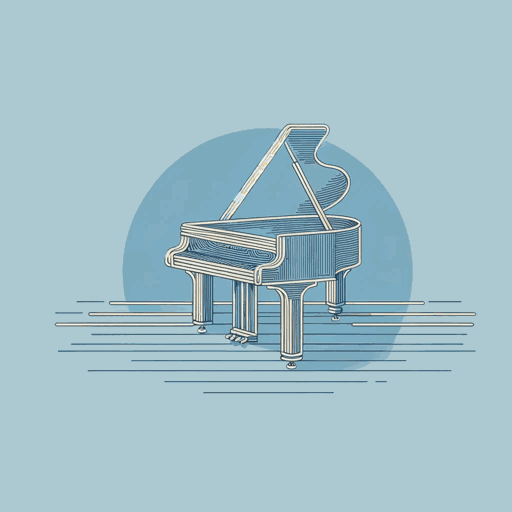20 pages • 40 minutes read
Langston HughesThe Weary Blues
Fiction | Poem | Adult | Published in 1926A modern alternative to SparkNotes and CliffsNotes, SuperSummary offers high-quality Study Guides with detailed chapter summaries and analysis of major themes, characters, and more.
Symbols & Motifs
The Dual Meaning of “Croon”
The word "croon" appears twice in “The Weary Blues.” A literal reading finds nothing amiss with the word. The speaker is “rocking back and forth to a mellow croon” (Line 2), and the musician “crooned that tune” (Line 31) because “croon” means to sing softly and gently. Thus, “croon” represents music and the musician’s type of singer.
Yet “croon” sounds similar to a racial slur. In “The Coon Caricature” (2000) the sociologist David Pilgrim says the epithet is "one of the most insulting of all anti-black caricatures.” An abbreviation of “raccoon,” the term dehumanizes Black people, and ‘portrays them as a lazy, easily frightened, chronically idle, inarticulate, and buffoon.” In "The Weary Blues," the speaker labels the sway of the blues performer “lazy” (Lines 6 and 7) and describes him as “a music fool” (Line 13), which, in this interpretation, is not a compliment.
The description of the musician links to this pejorative term, so the word “croon” suggests a double-edged meaning, calling forth both the soothing, musical connotations of the word, as well as the underlying racism and prejudice that reduces complex humans to simple stereotypes and roles, like the soulful blues singer. Hughes’ words emphasize the weariness of someone who feels like an object—“like a rock” (Line 35)—which can drive them to the grave.
Related Titles
By Langston Hughes
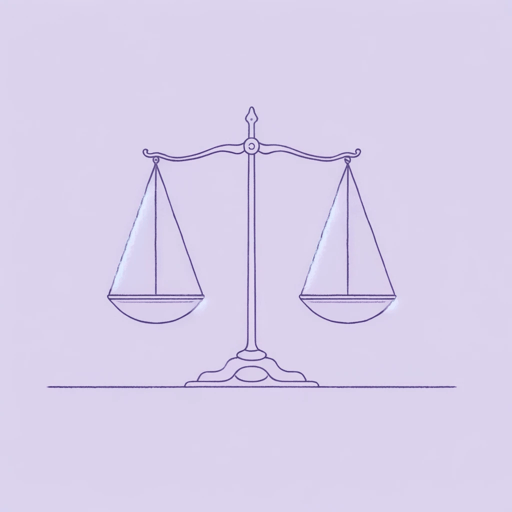
Children’s Rhymes
Langston Hughes
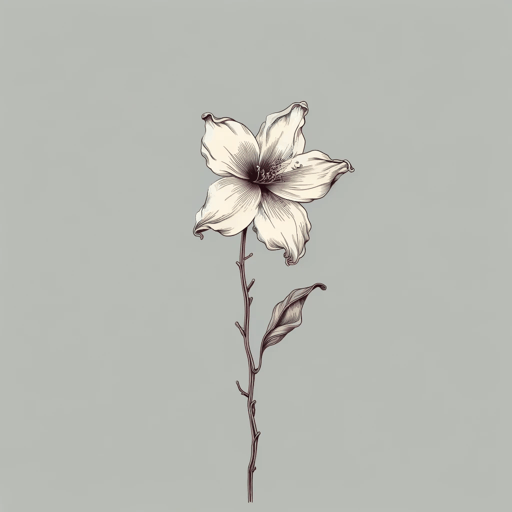
Cora Unashamed
Langston Hughes
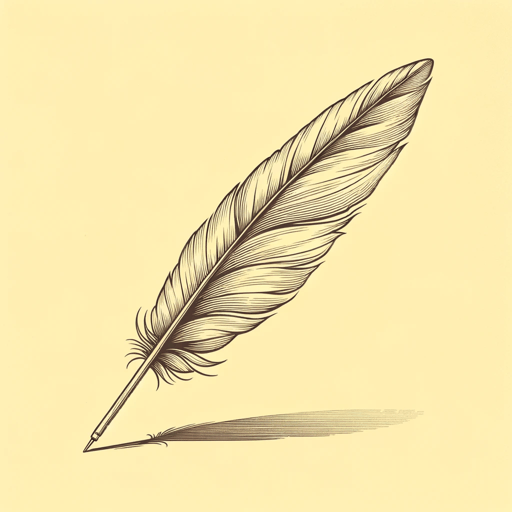
Dreams
Langston Hughes
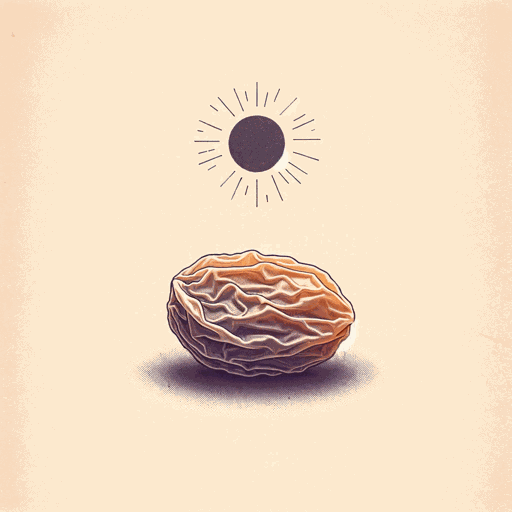
Harlem
Langston Hughes
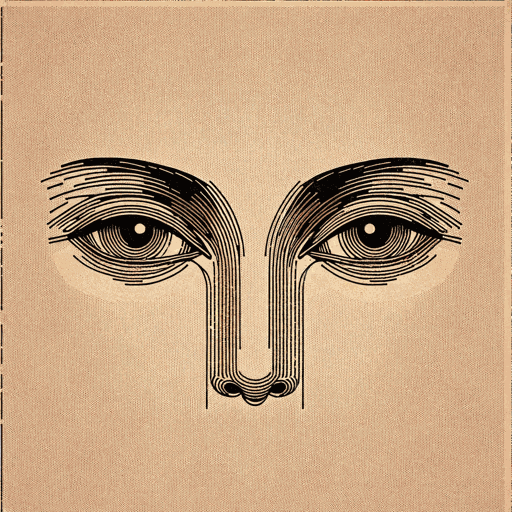
I look at the world
Langston Hughes
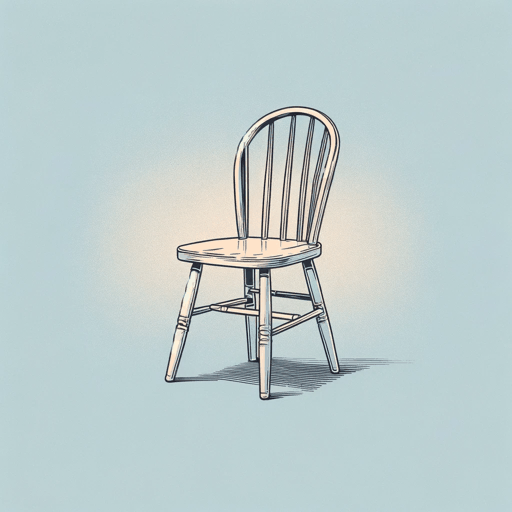
I, Too
Langston Hughes
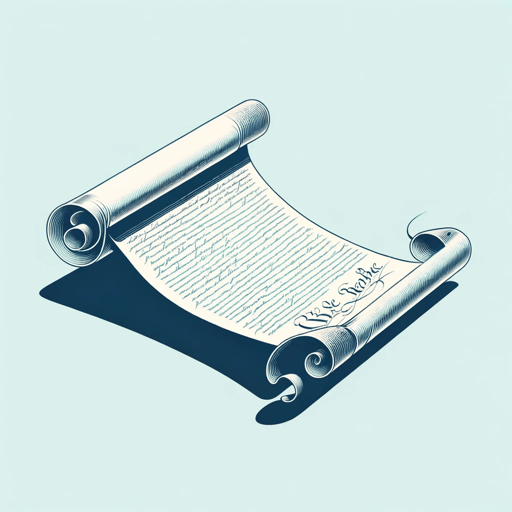
Let America Be America Again
Langston Hughes
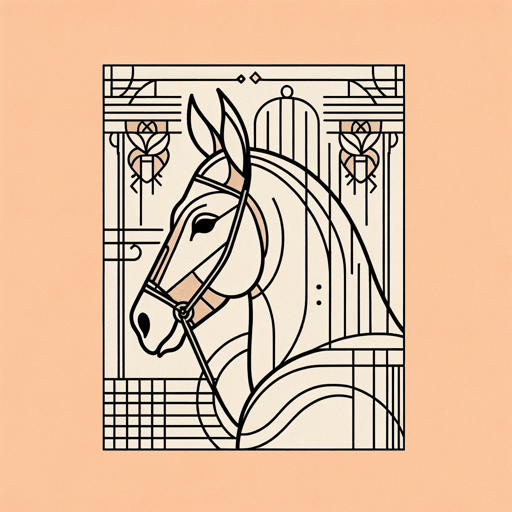
Me and the Mule
Langston Hughes

Mother to Son
Langston Hughes

Mulatto
Langston Hughes

Mule Bone: A Comedy of Negro Life
Langston Hughes, Zora Neale Hurston
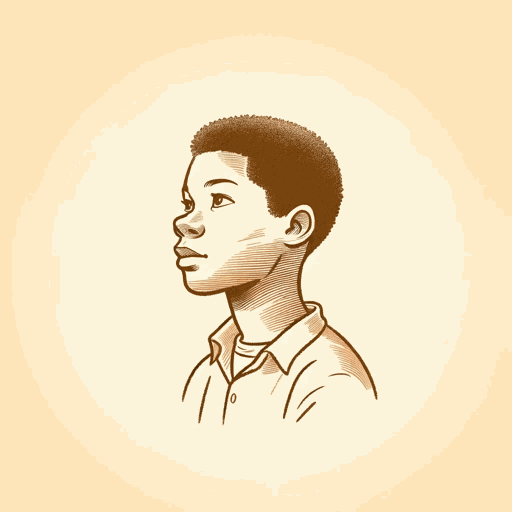
Not Without Laughter
Langston Hughes
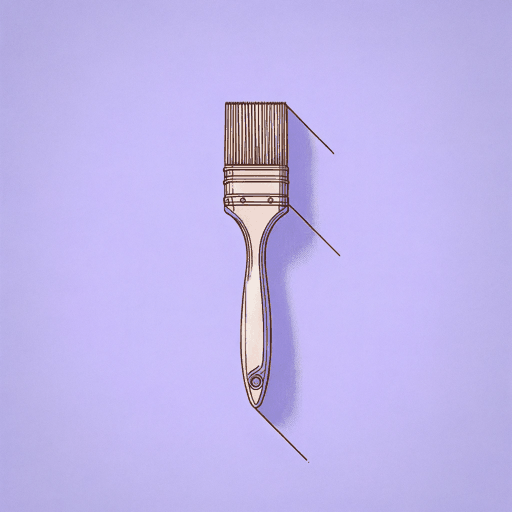
Slave on the Block
Langston Hughes
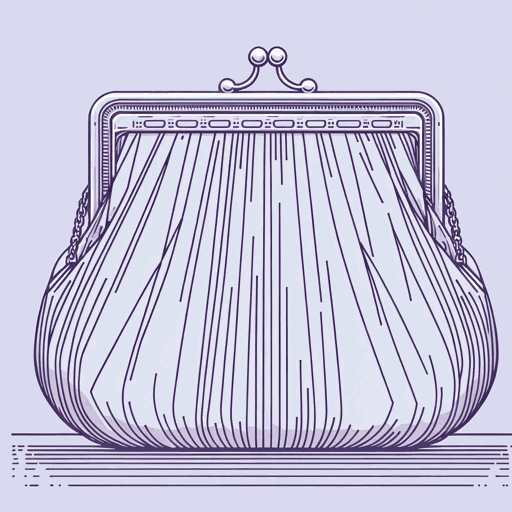
Thank You, M'am
Langston Hughes

The Big Sea
Langston Hughes
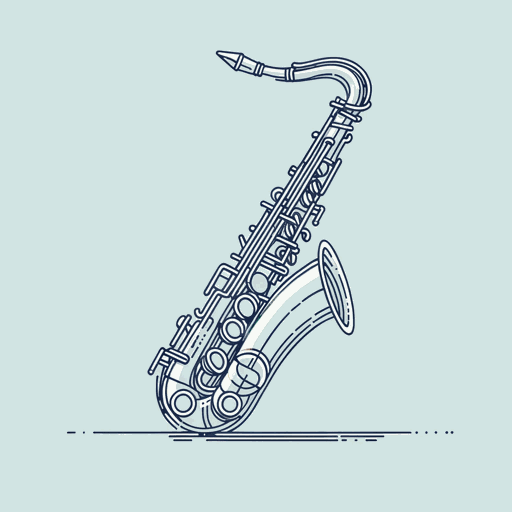
Theme for English B
Langston Hughes
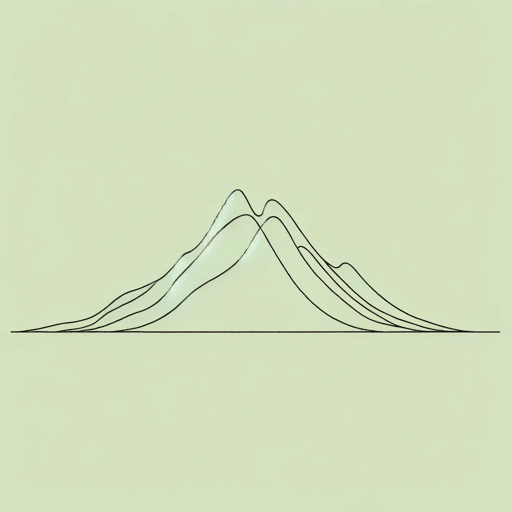
The Negro Artist and the Racial Mountain
Langston Hughes

The Negro Speaks of Rivers
Langston Hughes
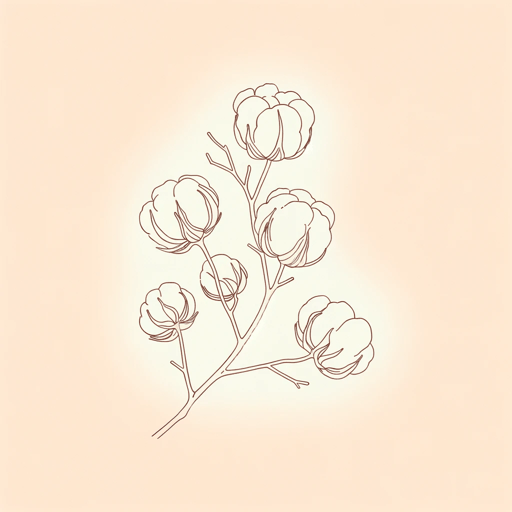
The Ways of White Folks
Langston Hughes

Tired
Langston Hughes
